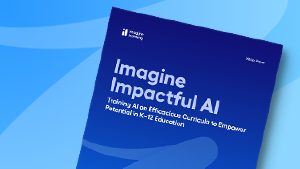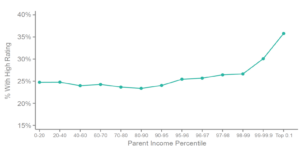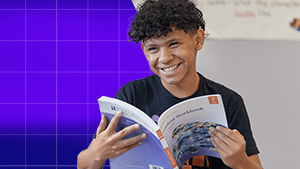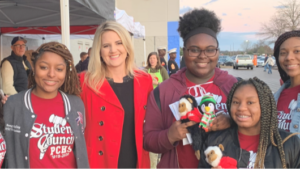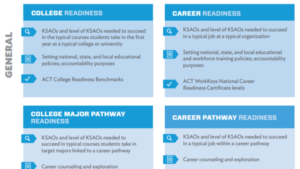
Let’s Get Ready Insights
NGA has collated a variety of resources in support of Governor Jared Polis’ Let’s Get Ready! Initiative
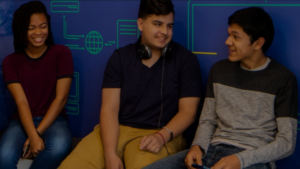
Code Next Affiliates
Through the Code Next Affiliates program, organizations — from schools to nonprofits to higher education institutions — can bring the Code Next experience (computer science education to Black, Latinx and Indigenous high schoolers) to their students. Google provides Affiliates with training, funding, resources, and more.
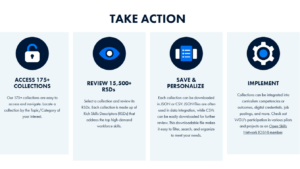
WGU Skills Library
The WGU Skills Library is an open resource of structured skills data that promotes a more equitable skills-driven hiring and education ecosystem that benefits learners, workers, and employers. The Skills Library features more than 175 collections, focusing on occupations and specialty skill areas.

Pearson Skills Map United States
Pearson launched the Skills Map of the United States, an in-depth analysis of the American job market through 2028. Based on an extensive review of 85 million U.S. job ads, economic and labor market data, the Skills Map offers critical insights to help businesses, policymakers and individuals prepare for the future of work.
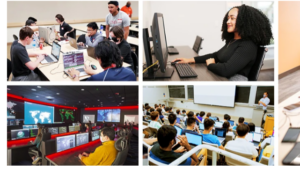
Google Cybersecurity Clinics Fund
In collaboration with the Consortium of Cybersecurity Clinics, Google is supporting selected colleges, universities, and community colleges with up to $1M each to increase access and opportunities for students interested in pursuing careers in cybersecurity. In addition, recipients can access the Google Cybersecurity Certificate, Google Titan security keys, and student mentorship opportunities from Google.
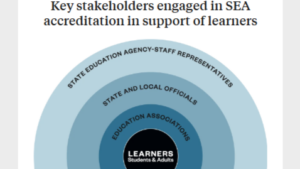
Solutions for States
State education oversight is incredibly complex and demanding. You navigate a changing political landscape, nurture educator development so that all students are college or career bound, collect and use data efficiently, and address diverse stakeholder needs. Our Cognia specialists, former school, district, and state administrators, understand the challenges of state education agencies and integrate seamlessly with your team. Our nonprofit status means we are accountable foremost to serve as a trusted partner in our shared mission to advance learning.

Moving Forward, Looking Back: Analyzing the Path of Rising Talent
This report by WGU Labs focuses on Rising Talent—individuals with low career resiliency and limited higher education. The research identifies challenges that Rising Talent face throughout their lifetimes and offers a blueprint for designing educational programs that meet the needs of this population.

The Future of a Portrait of a Graduate
The relentless focus on test scores often leaves students struggling to find personal relevance and joy in their education. In response, innovative educators have embraced the Portrait of a Graduate framework, which emphasizes skills like critical thinking and creativity.

AI Opportunity Fund for the United States
The AI Opportunity Fund is a $75M commitment to help all Americans benefit from the opportunities of AI, and demonstrates how the company invests in people, education, and training programs that help workers, learners, and small businesses of all backgrounds learn to use AI effectively.
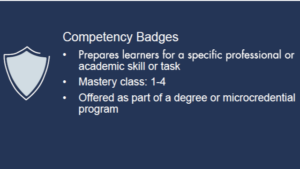
Unified Credential Framework
WGU’s Unified Credential Framework (UCF), highlighted in The International Journal of Information and Learning Technology, is a strategy for ensuring credentials are relevant, verified, transparent, and portable. The UCF is predicated on the use of skills as an underlying foundation.

Self-Regulated Learning and Metacognition
This is an example of Pearson’s Learning Design Principles, which describe the optimal conditions for learning, using the best insights from the cognitive and learning sciences. Each principle covers: (1) The learning science research that informs the principle; (2) Why it matters in learning; and (3) How we can apply it in practice.

Self-Management: Skill Development Framework
Pearson has created an Employability Framework that organizes key competencies needed in the workforce within four categories, including core academic, occupational, personal and social, and career knowledge and transition skills. Within the Personal and Social Capabilities category, we have created Skill Development Frameworks that provide a research-based definition of each skill, along with relevant sub-skills, broken down into detailed sets of ordered indicators that describe how the skills develop from basic to complex levels.

BEYOND CLASSROOM BORDERS
This pre-pandemic paper commissioned by ACE highlights the critical career-relevant skills students need and that faculty must embed throughout the curriculum to prepare students for the future of work. It pays particular attention to learner adaptivity as a key skill and aptitude students need to navigate an increasingly complex and uncertain world of work.


